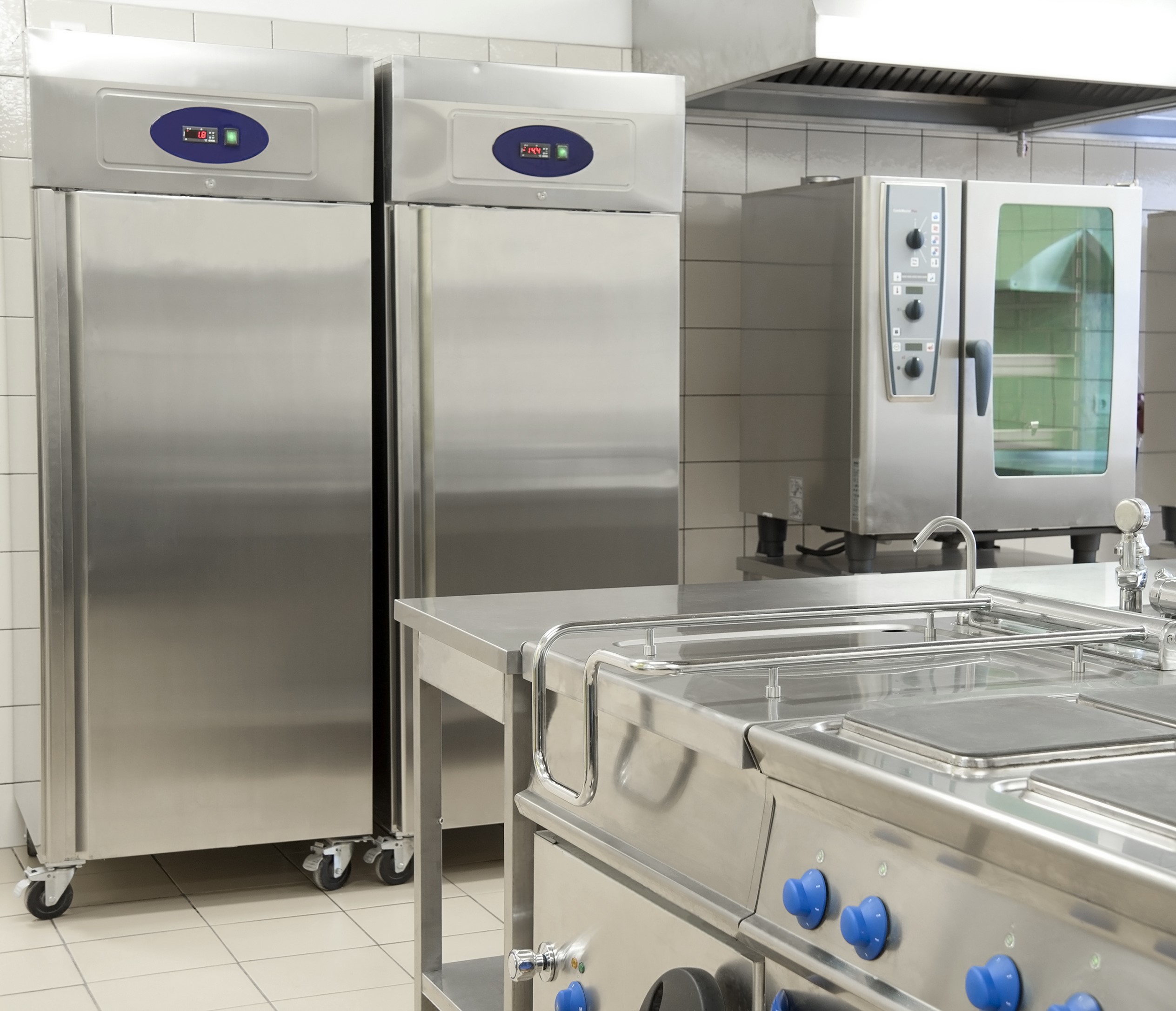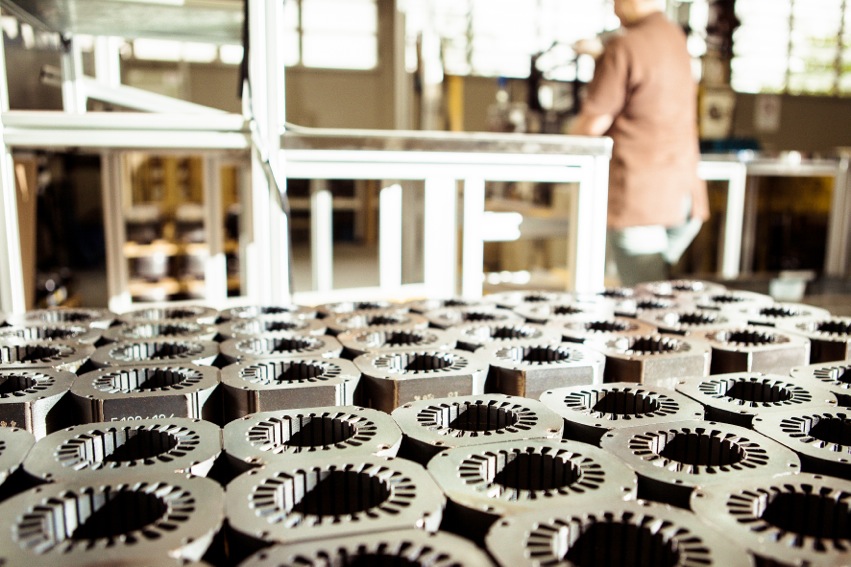Growth of its presence in the world brings benefits for food preservation.In India, only one in four homes has this equipment
Marcos Jank -Specialist in agribusiness
Graduated in agronomy, with a doctorate in administration, Marcos Jank is a recognized expert on issues related to agribusiness and foreign trade. He was a professor at the University of São Paulo for 18 years and worked in various institutions and companies related to the agricultural sector. He currently lives in Singapore, in Asia.
Why do you consider the refrigerator the greatest invention of the 20th century?
Several others have already expressed the same opinion. The refrigerator, associated with the presence of electric energy, has revolutionized the market, making quality food with greater durability accessible to many more people. It has benefited people from the standpoint of convenience, since they are now able to store products without having to shop every day. At the same time, it has contributed to health, ensuring proper food conservation.
What has changed with 95% of homes having a refrigerator in Brazil?
This is already a reality in the richest countries and arrived in Brazil in the last half century. In addition to the benefits already mentioned, a key improvement was the development of “modern retail”. The growth and modernization of supermarkets, butchers and greengrocers were only possible because people today have a refrigerator at home.
What else was positive?
It’s also important to highlight that in hot and humid countries like Brazil, foods deteriorate more quickly. Avoiding this problem is a huge gain.
Is the situation very different in Asia and Africa?
In general, yes, although it’s changing rapidly. In China, for example, the percentage of households that have refrigerators has grown a lot in recent years, reaching 88% in total. But the numbers in India (24%), Indonesia (33%) and in the Philippines (33%) show that there is still much to evolve. In Africa, most countries are at the same level or below India.
Why does this happen?
The first explanation is linked to income. A lot of poverty still exists there. Another reason is the lack of a reliable power grid in many countries, which makes people not feel safe to store perishables. The cultural issue is the one that has less weight in my opinion. In this respect, there is always a resistance of older generations who are used to, for example, buying meat in traditional markets, where animals are slaughtered right at that moment or the night before. But culture changes rapidly when people have a power grid available and purchase refrigerators.
How does the presence of refrigerators impact trade in food products?
In the trips I made through Asia, I was impressed with the huge presence of wet markets, so named because of the constant washing to reduce the risk of contamination. In these places, often in the open-air, there are live animals and slaughtered products displayed on stands without refrigeration. In India and Indonesia, more than 90% of consumption is supplied by these markets. In other countries of the region, they are also responsible for most of the supply. It’s a precarious situation from the point of view of conservation and hygiene – which is absurd since Asia is home to more than half of the world’s population.
Does refrigeration increase the consumption of certain foods?
Conservation conditions are essential for certain foods to be consumed more. This is the case of meats, for example. But it’s not just the larger number of refrigerators which has lead to this increase. It’s a process which involves a more efficient supply chain that uses refrigeration, allowing for better and cheaper products. In most of the world, today the main issue is not the amount of locally produced food (food security), but rather food quality and safety. This is a major challenge because it requires a more sophisticated transport and storage structure, in which the refrigerator plays a central role.
Does this also affect meals away from home?
A more structured cold chain also has an impact on meals away from home. It tends to reduce food sold without any quality control sold on sidewalks – still very common in Asia and Africa – and expands the presence of food service and restaurant chains.
Does this transformation, that’s already occurring, open-up opportunities for Brazil??
It’s one of the biggest opportunities that exists today for Brazilian agribusiness to reach a new level. Nowadays we’re a major exporter of basic agricultural products. We supply grains, sugar, coffee, orange juice and beef but without any differentiation or brand. With the changing structure and habits in Asia – and, at a slower pace in Africa – there’s the possibility of adding value to export products and to differentiate oneself. For example, much of what we sell to China is soybeans, which will be used as an animal feed component. We must go beyond supplying just feed and exert a much greater role, by entering animal protein processing, storage, distribution as well as modern retail, reaching the consumer’s home abroad. Refrigerators are a great vehicle for this.



